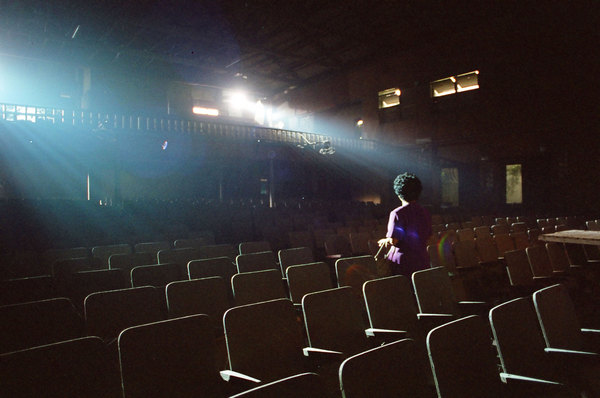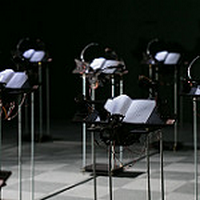This paper introduces a cycle of over 1,000 “Taiwanese-Language Films” (taiyupian) made between the mid-1950s and the early 1970s, which constitutes the beginnings of sustained feature film production on the island of Taiwan. The taiyupian cycle was eclipsed by Mandarin-language cinema and then the arrival of the new wave-style Taiwan New Cinema associated with Hou Hsiao-Hsien and Edward Yang. Quickly forgotten as embarrassingly cheaply and tawdry, only 200-plus taiyupian have survived. Yet, in recent years, the dismissal of these films has been questioned, and efforts are being made to remember, restore and promote them. Following Song Hwee Lim’s suggestion that we borrow Jerzy Grotowsky’s “theatre of poverty” concept to think about Midi Z’s films as a “cinema of poverty,” I propose taiyupian as an alternative cinema of poverty. Where Grotowsky and Lim see “poverty” as producing modernist and stripped down forms that get to the essence of the art form, I suggest the challenges of low budgets inspired taiyupian filmmakers into an exuberant process of borrowing, bricolage and improvisation that drew from other cinemas around the world to produce a distinctly Taiwanese cinematic form.
Additional Info: Taiwan's Lost Commercial Cinema: Recovered and Restored
CHRIS BERRY is Professor of Film Studies at King’s College London. In the 1980s, he worked for China Film Import and Export Corporation in Beijing, and his academic research is grounded in work on Chinese-language cinemas and other Chinese-language screen-based media. He is especially interested in national and transnational screen cultures in East Asia. Prior to his current appointment, he taught at La Trobe University in Melbourne, The University of California, Berkeley, and Goldsmiths, University of London.
Announcement from Vienna Center for Taiwan Studies Website




